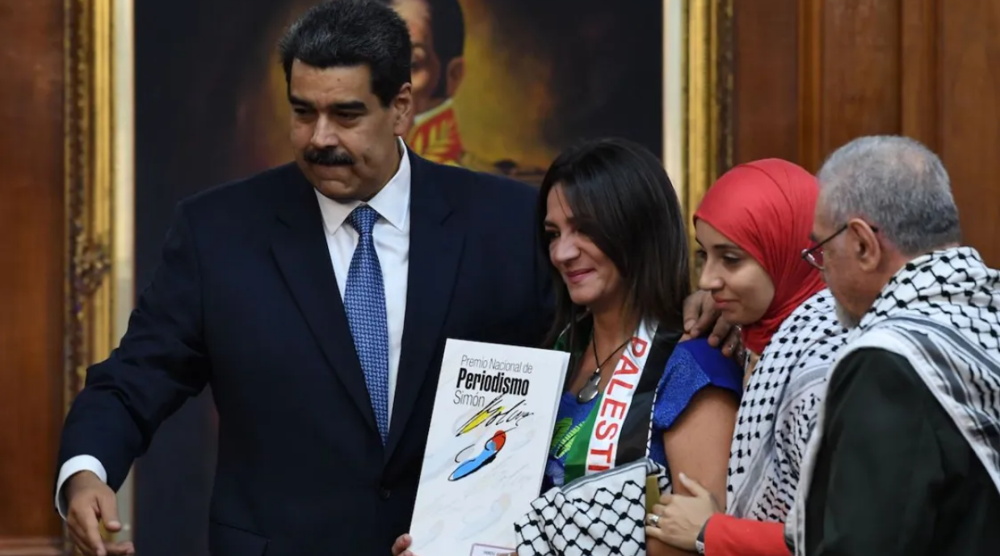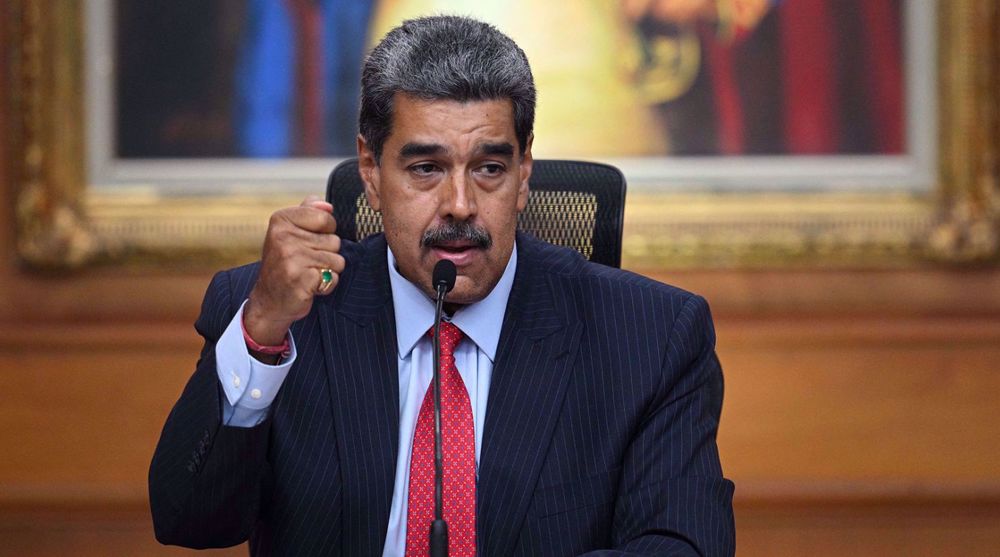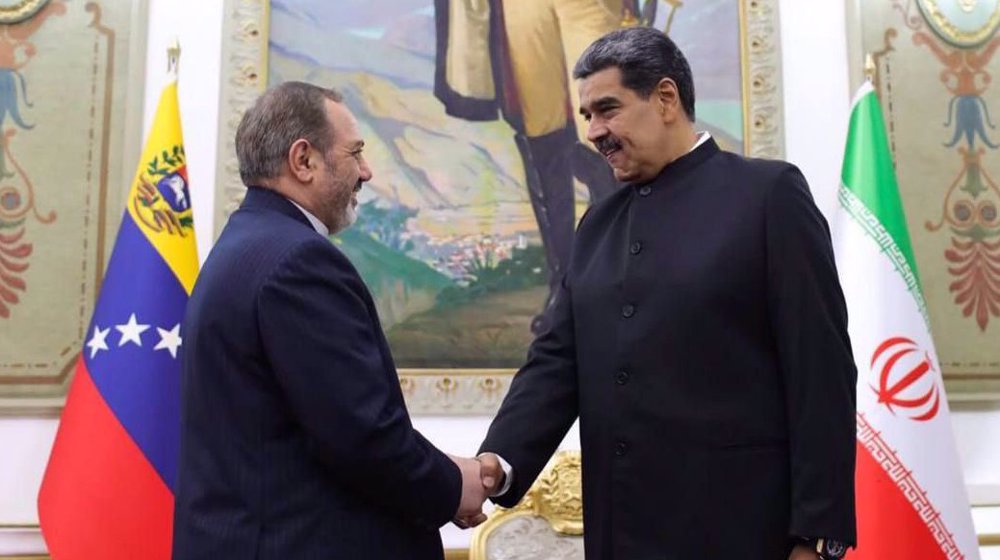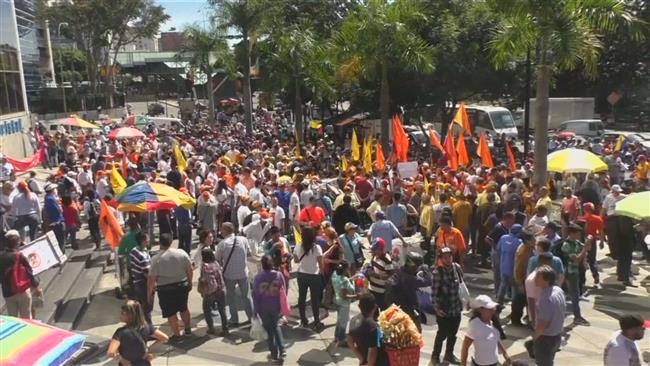Venezuela sets date for delayed regional elections
Electoral officials in Venezuela are scheduling long-delayed regional elections for December, though the apparent olive branch may never come to fruition, as a special assembly to rewrite the nation's constitution is slated to take place first.
The chief of the embattled South American nation's electoral council said Tuesday officials were looking to hold elections for President Nicolas Maduro's constituent assembly tasked with rewriting the nation's constitution in July.
Under the terms proposed by Maduro, a third of the assembly's 540 members will be reserved for representatives selected by special constituencies and organizations such as workers and retirees. Critics say such groups are dominated by the ruling socialists, and rather than continue Venezuela's democratic tradition of universal suffrage and direct elections by secret ballot, the method could tilt the outcome in favor of the government.
That assembly could decide to change the nation's electoral council or not hold the regional elections at all.
Opposition leaders were quick to cry foul at the proposal.
"We will remain on the streets," said Julio Borges, president of the opposition-controlled congress. "Let's not fall into this trap."
Nearly two months of anti-government protests have left at least 53 people dead as opposition members demand early presidential elections. Demonstrators contend Maduro's government is quickly becoming a full-fledged authoritarian regime, and that the constitution rewrite is one more attempt by Maduro to consolidate his power. They are also decrying Venezuela's triple-digit inflation, soaring crime and vast food shortages.

The government abruptly postponed regional elections the opposition was heavily favored to win last year and called off a petition drive to force a referendum seeking Maduro's removal before presidential elections slated for next year.
Noting that the government-stacked National Electoral Council led by Tibisay Lucena had convened and delayed regional elections for governors and mayors once before, Borges warned Venezuelans against acquiescing to their agenda.
"How can we trust in what she is proposing now when she has never done anything else but fulfill the orders of Nicolas Maduro?" he asked.
Since Venezuela's wave of unrest began in March, Maduro has repeatedly stated he was "anxious" for the regional elections to take place soon, saying the government would handily win, though polls indicate the majority want him out of power.
The opposition has refused to participate in Maduro's bid to convoke a special congress to rewrite the nation's 1999 constitution drafted under the leadership of the late President Hugo Chavez as a means of resolving the crisis. In a letter released last week, the nation's chief prosecutor also said she would not participate, contending that rather than alleviate Venezuela's political upheaval it would likely only further accentuate it.
On Tuesday, Supreme Court judge Danilo Mojica added his voice to the criticisms, saying the special congress wasn't the right way to respond to the protests.
Nonetheless, Maduro has pressed on, outlining Tuesday how members of the congress charged with rewriting the constitution will be selected. A specific number of seats will be assigned to each municipality as well as individual workforce sectors including students, farmers, fishermen and the disabled.
That system could skew even a nation overwhelmingly frustrated with Maduro's government in its favor, analysts said.
"There is no way the opposition could win," said Luis Vicente Leon, a Caracas-based pollster.
Leon said while the call for the special assembly election was not a surprise, the regional election date was. Given the technical issues and other reasons the electoral council has provided for the year-long delay, Leon said it was astonishing that a new election could be convened within a period of just two months.
Opposition leaders were calling for a new march Wednesday to the National Electoral Council to protest their proposal.
(Source: AP)
Saudi delegation meets HTS leader at presidential palace in Damascus
Relentless Israeli ceasefire violations justify need for self-defense: Lebanese MP
Tel Aviv tells Damascus Israeli forces will remain in occupied territory: Report
Dec. 22: ‘Axis of Resistance’ operations against Israeli occupation
‘Abhorrent’: Oxfam says only 12 trucks delivered aid in North Gaza since Oct.
VIDEO | Leader receives religious eulogists on Hazrat Fatima birth anniv.
Pope Francis slams Israel’s ‘machine-gunning’ of Gaza children
US hostage-taking of Iranian nationals violation of intl. law: Deputy FM















 This makes it easy to access the Press TV website
This makes it easy to access the Press TV website